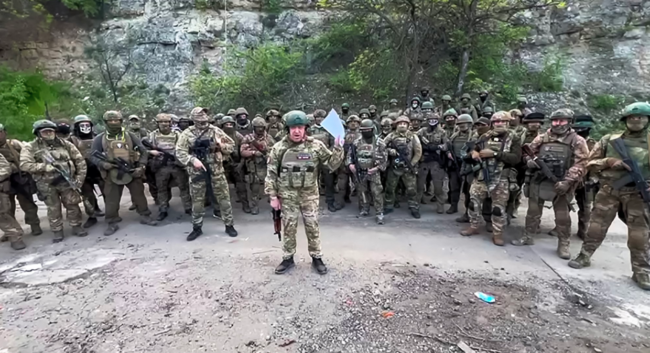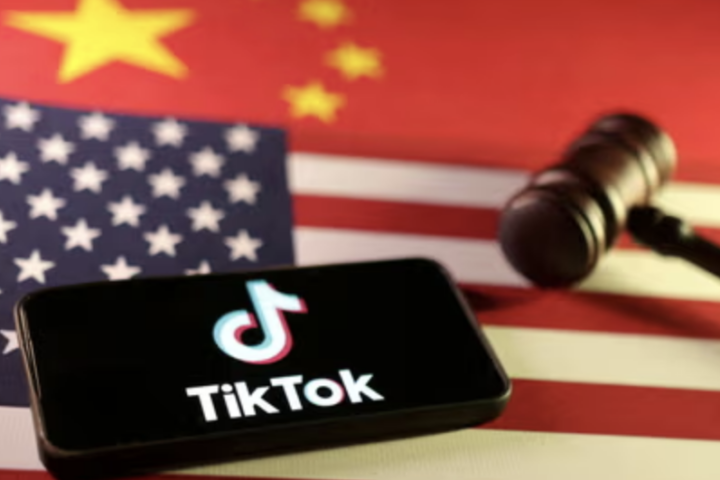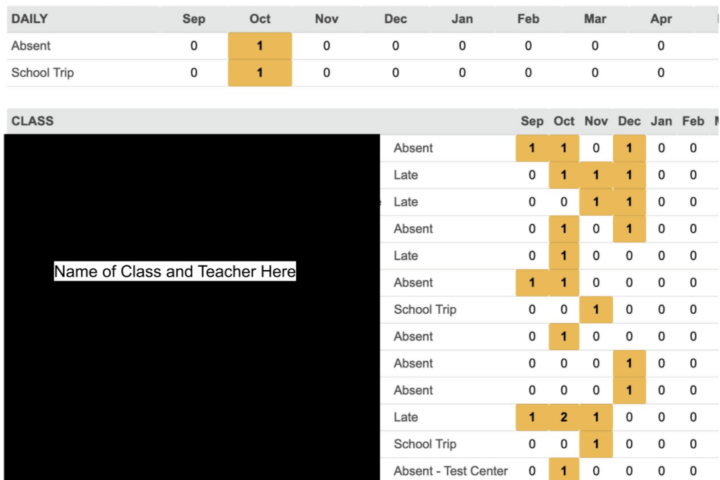For the first time in the history of Putin-led Russia, a significant and even threatening display of dissent has come about. Russia was, for just a day, on the brink of an internal armed conflict – the likes of which have not been seen since the infamous Russian Revolution. This unprecedented event began when the Wagner mercenary group, an important player in Russia’s war in Ukraine, took control of a city crucial to the war effort, before then going on to march toward Moscow. The leader of the group, Yevgeny Prigozhin, pronounced his reasoning for this situation to be his fervent opposition to the attempt by the Russian government to integrate his private Wagner group into the official Russian military. On top of that, Prigozhin vowed to forcibly take down Russian Minister of Defense, Sergei Shoigu, citing his incompetence. This ever-so-brief mutiny comes as a shock to many around the world, as the Wagner group was largely already seen as effectively being a part of the Russian military.
The Wagner group was formed in 2014 as a private military company (PMC) in order to provide assistance to Russia in its occupation of Crimea and in its fighting in eastern Ukraine. Since then, the group has been internationally used to support Russian interests. This has allowed Russia to deny playing a role in any crimes that Wagner is responsible for. Wagner has reportedly propped up Russian-backed dictators in many countries around the world, including Syria, Venezuela, and a variety of African nations. It is in these countries that the mercenary group also takes control of valuable resources, like oil and gas. As for the current war in Ukraine, Wagner has been crucial to Russia in many different instances, and the current situation certainly hinders Russia’s already somewhat unsuccessful struggle in Ukraine. The Wagner group is also well known for being incredibly cruel – supposedly using torture, killing their own soldiers for not obeying orders, and killing journalists.
Since the Russian invasion of Ukraine, the Wagner group has also begun recruiting men out of prison, promising pardons to those who fight. This, along with the relatively high wages paid by the group, is how they have managed to amass a fighting force of roughly 50,000 soldiers. The relative independence under which the Wagner group operates has worked well for many years, benefitting both Russia and the mercenary group. However, the disputes between the two groups simply grew to be seemingly too significant for Yevgeny Prigozhin to ignore, leading to his rebellion.
This insurgency and Putin’s handling of it, despite being short, will have an array of impacts on the future of Russia. While Russia successfully stopped this uprising dead in its tracks using a likely insincere offer of amnesty, there was still a challenger, for the first time, who was willing to pose a real threat to Putin’s formerly uncontested and absolute leadership. In fact, even before his official rebellion, Prigozhin had been speaking out indirectly against Putin and Russia’s poor performance in the war in Ukraine. Even if Prigozhin does end up punished, which is likely, his short-lived rebellion may inspire other rebellious spirits to rise up against Putin’s autocratic control of Russia. Putin also needed to negotiate to get Prigozhin to give up, and while he will probably ultimately not deliver on his promise of amnesty, this too shows that Putin is not what he wishes the world would see him as — the absolute master of Russia.









